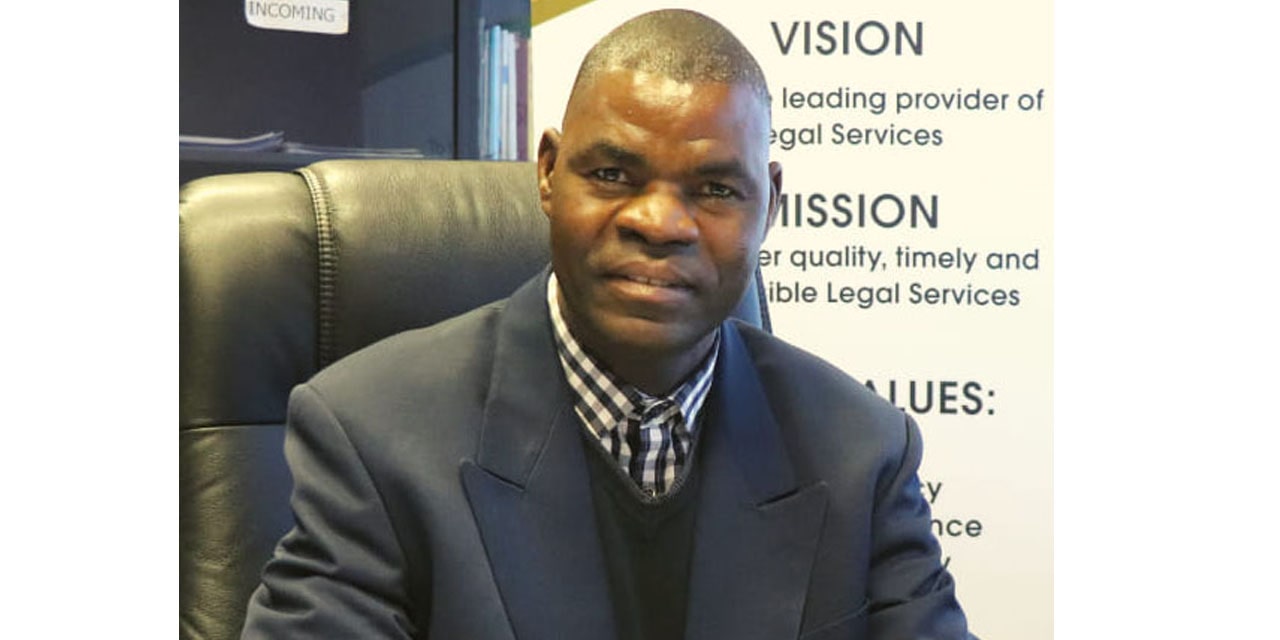Niël Terblanché
The Japanese government plans to enter into an agreement with state-owned entity, Epangelo Mining Company to strengthen the supply chain for rare earth and other key minerals.
Namibia is one of three African countries selected by the Japanese government as potential suppliers of lithium and other rare earth minerals used in the production of high-capacity batteries.
Aside from Namibia, Japan intends to extend cooperative exploration for rare earth minerals with state-owned mining businesses in Zambia and the Democratic Republic of the Congo.
As Namibia is rich in zinc, copper, and other resources, the supply chain remains underdeveloped, despite the fact that the Port of Walvis Bay puts the country in a prime position to become a major African export hub.
The strategy plans to strengthen ties with the three countries in order to create a supply chain capable of harvesting, processing, and shipping essential minerals.
Japan also wants to get involved early in the development of local mines with the goal of importing resources from the region.
Japan and the other Group of Seven (G7) industrial nations rely significantly on China and a few other countries for crucial mineral imports.
Leaders agreed earlier this year at the G7 Summit in Hiroshima to collaborate with developing countries to diversify the supply chain for essential minerals.
The Japanese Organisation for Metals and Energy Security (JOGMEC), a state-owned resource explorer, plans to sign an agreement with Zambia soon.
Based on preliminary agreements already made with the two nations, JOGMEC will also finalise work plans with the DRC and Namibia.
Japan’s Economic, Trade, and Industry Minister, Yasutoshi Nishimura announced an eight-day African tour that will include visits to the three countries.
The tour, which begins this week, will also include stops in Angola and Madagascar. Due to different dangers and the significant amount of capital necessary, no private-sector Japanese enterprise has joined any of the three nations to undertake mining operations for essential minerals.
The Japanese government intends to lead the drive to develop resources, thereby stimulating private investment.
Japan seeks to diversify its supply of essential minerals, such as lithium, in order to strengthen economic security and counter China’s expanding investment in African countries.




